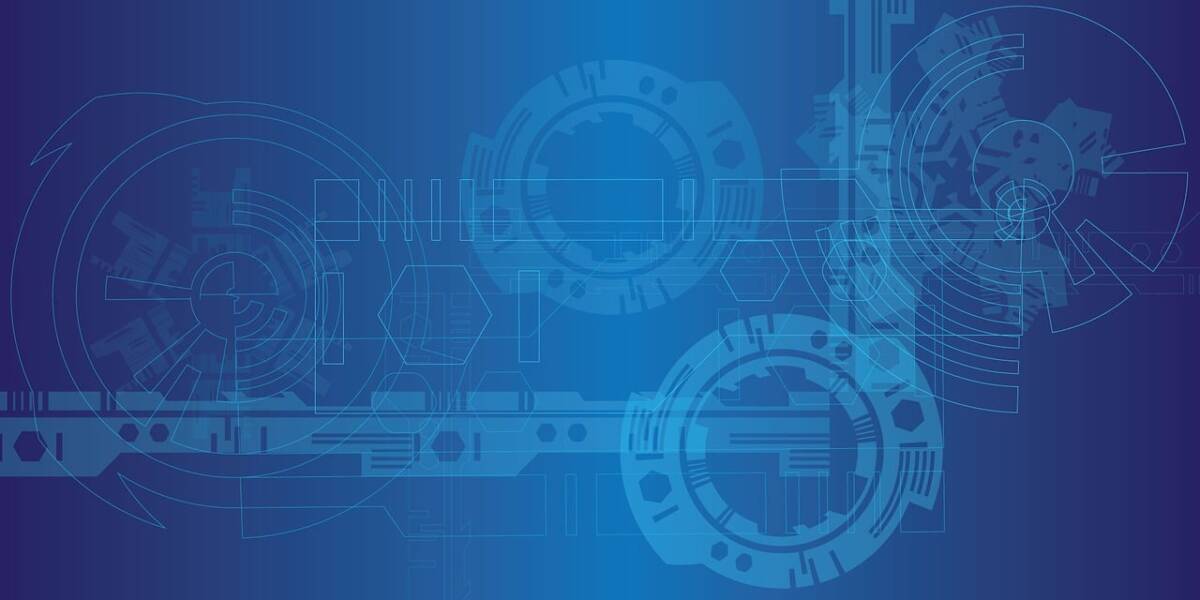The Digital Revolution marks a pivotal era where analog systems gave way to digital technologies, fundamentally altering how we live, work, and interact. From the advent of the internet to the rise of artificial intelligence, this revolution continues to reshape our world at an unprecedented pace.
What Is the Digital Revolution?
The Digital Revolution, often referred to as the Third Industrial Revolution, began in the mid-20th century with the transition from mechanical and analog electronic technology to digital electronics. This shift introduced computers, digital communication, and the internet, laying the foundation for the Information Age.
A Brief Timeline of the Digital Revolution
-
1947: Invention of the transistor, enabling the development of modern electronics.
-
1950s-1960s: Early computers used by governments and large organizations.
-
1970s: Introduction of personal computers and the concept of networking.
-
1980s: Widespread adoption of personal computers; emergence of software applications.
-
1990s: Rise of the internet and mobile phones, revolutionizing communication.
-
2000s: Expansion of digital media, e-commerce, and social networking platforms.
-
2010s-Present: Advancements in AI, cloud computing, and the Internet of Things (IoT) continue to transform industries and daily life.
Key Innovations Driving the Revolution
1. The Internet
The internet has become the backbone of the digital era, connecting billions of devices and facilitating instant communication and access to information.
2. Mobile Technology
Smartphones and tablets have made computing portable, enabling users to stay connected and productive on the go.
3. Artificial Intelligence (AI)
AI technologies, including machine learning and natural language processing, are automating tasks and providing insights across various sectors.
4. Cloud Computing
Cloud services offer scalable storage and computing power, allowing businesses to operate more efficiently and flexibly.
5. Internet of Things (IoT)
IoT devices collect and exchange data, leading to smarter homes, cities, and industrial processes.
Impact on Industries
Healthcare
Digital tools have improved diagnostics, patient monitoring, and access to medical information, enhancing patient care and outcomes.
Education
E-learning platforms and digital resources have made education more accessible and personalized.
Finance
Online banking, digital payments, and blockchain technology have revolutionized financial transactions and services.
Retail
E-commerce platforms have transformed shopping behaviors, offering convenience and a broader range of products.
Manufacturing
Automation and data analytics have optimized production processes, increasing efficiency and reducing costs.
Societal Changes
Workforce Dynamics
Remote work and digital collaboration tools have redefined traditional workplace structures, offering flexibility and new employment models.
Communication
Social media and instant messaging have changed how people connect, share information, and build communities.
Privacy and Security
The digital age has raised concerns about data privacy and cybersecurity, prompting the need for robust protection measures.
Challenges and Considerations
-
Digital Divide: Ensuring equitable access to digital technologies remains a global challenge.
-
Job Displacement: Automation may lead to job losses in certain sectors, necessitating reskilling and education initiatives.
-
Ethical AI Use: Developing and deploying AI responsibly is crucial to prevent biases and ensure fairness.
Embracing the Future
As the Digital Revolution progresses, embracing change and fostering innovation will be key to harnessing its full potential. Continuous learning, adaptability, and ethical considerations will guide us toward a more connected and efficient world.
Conclusion
The Digital Revolution is an ongoing journey, reshaping every facet of our lives. By understanding its origins, innovations, and impacts, we can better navigate the digital landscape and contribute to a future that leverages technology for the greater good.
For more insights on digital transformation and its implications, explore our related articles and resources.




